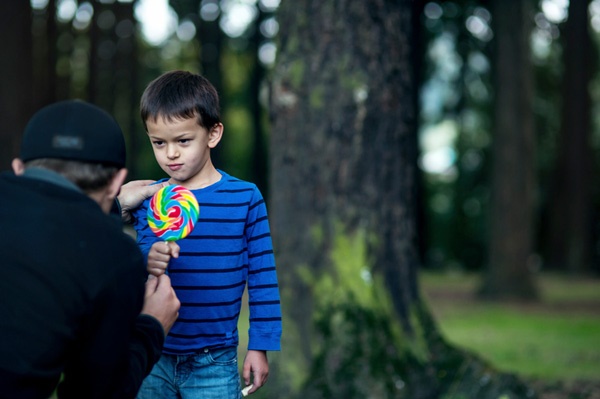Gifted children are indeed gifts for the parents. They make parents feel proud and achieve great success during their lifetime. It is important for parents to clearly understand the proper treatment that these children should receive, for they are often highly sensitive to relations. They are different from the normal children and need considerable attention for their proper development.
Who is a gifted child? How are they identified?
Gifted children are identified from their behaviour and acts. A gifted child may be a fast learner, very sensitive to feelings and emotions, inquisitive, methodical and deeply involved in subjects from an early age. Sometimes, gifted children are exposed to negative tendencies and may get involved with equal enthusiasm and vigour.
Gifted children usually don’t mix up with the kids of their age. Their IQ and mental level may make them misfits in their respective age groups. Therefore, socializing is one of the aspects that need to be properly looked after.
In classroom also, such children may feel bored or not interested. This can have impact on their studies.
Gifted children may also face problems responding as emotional beings. They may be too sensitive to small issues and may alienate themselves from others. Social alienation is also found to be common problem with the gifted children.
The parents should understand the needs of such children and try to avoid any situation, which might excite them more than they can safely handle. Like parents should be careful as not to scold the child or rebuke in public.










